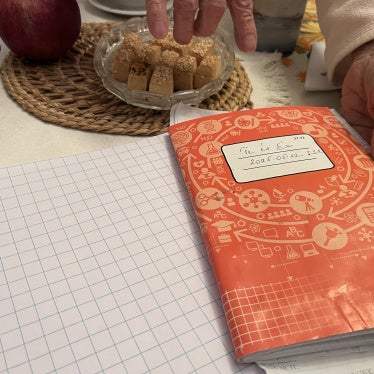Dear President Chakrabarti,
We are writing to urge you to use the opportunity that your May 24-25 trip to Baku presents to articulate the Bank’s serious concern regarding the Azerbaijani government’s sharp departure from the EBRD's Article 1 principles in its founding agreement. We ask that you make clear that the Bank will establish benchmarks that the government will need to meet to align its policies and practices with Article 1.
In recent years the government of Azerbaijan has backtracked significantly from its commitment to political pluralism by waging a dramatic crackdown on journalists, media outlets, and civil society leaders and independent organizations.
In pursuing this crackdown, the government backtracked on its commitments not only to the EBRD but to other standards-based multilateral institutions of which it is a member. Key among this is the Extractive Industries Transparency Initiative (EITI), which the Bank has strongly endorsed by requiring, in its Energy Policy, that clients implement the initiative’s EITI principles and requirements. As you may be aware, EITI consequently downgraded Azerbaijan’s status in 2015 and set out corrective actions the Azerbaijani government must take in order to restore its status. Since then, the government has taken some positive, but limited steps. The attached annex details the government crackdown, the positive steps taken since the EITI decision, and the unresolved problems and even further steps backward the government has taken in recent months.
We ask you to call on the Azerbaijan government to undertake concrete, measurable reform steps that would reinforce and complement the corrective actions set out by the EITI board and also ensure that the bank is true to its Article 1 mandate. These include:
• Release activists, journalists and other government critics in detention on politically motivated charges and vacate the convictions against them, including investigative journalist Khadija Ismayilova.
• Refrain from arresting and harassing civil society activists and government critics, particularly those who promote government transparency and accountability.
• Stop ongoing politically motivated investigations that have implicated civil society organizations, media outlets, and their staff members; unfreeze these bank accounts and ensure that the funds in the accounts are in fact accessible.
• Repeal laws unduly restricting NGOs and media outlets’ ability to conduct their legitimate work and severely restricting the use foreign funding. These include the February and November 2014 regressive amendments to the Law on Grants, the Law on State Registration of Legal Entities, and the Code of Administrative Offenses. Implement the recommendations of a 2014 opinion on these amendments issued by the Council of Europe’s Venice Commission.
The crackdown on independent civil society has had a profoundly negative effect on the ability of NGOs and citizen activists to promote EITI, open government, and sustainable development. As a result of such pressure, a significant number of independent NGOs working on EITI issues have had to suspend their work.
The Azerbaijani government wants to continue its membership in EITI, however to date it has taken only minimal steps towards implementing the corrective steps the EITI board set out for it.
We ask that you put Azerbaijan’s leadership on notice that the degree to which the government meets these benchmarks will have a direct correlation to the Bank’s operations within the country, with any public lending or lending benefiting the extractives industry prohibited until the government has met these benchmarks and had its status duly restored in EITI.
We deeply appreciate the efforts you made last year during your visit to Azerbaijan to meet with civil society and also to raise issues privately with the government. Your candor on the need for Azerbaijan to reform in order to meet its commitments under the Bank’s charter is as important in private meetings as it is in public. The many civic activists behind bars for political reasons or forced into exile need to know that the EBRD stands with them.
Sincerely,
Rachel Denber
Deputy Director
Europe and Central Asia Division
Human Rights Watch







